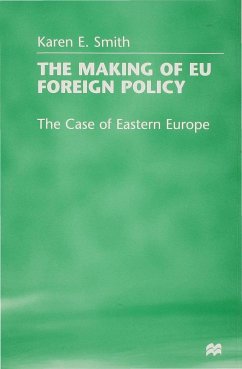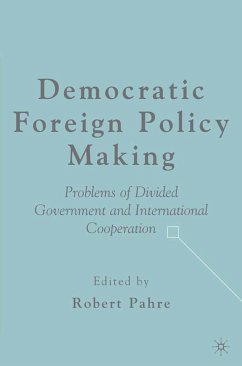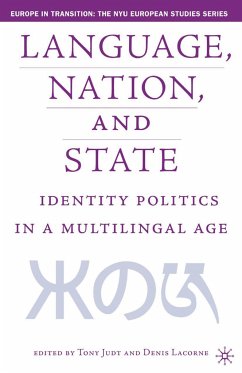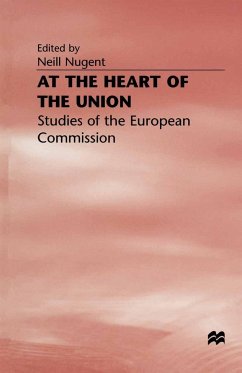
Leadership in Global Institution Building
Minerva's Rule
Versandkostenfrei!
Versandfertig in 6-10 Tagen
76,99 €
inkl. MwSt.
Weitere Ausgaben:

PAYBACK Punkte
38 °P sammeln!
Between 1995 and the present day, the world has undergone significant advances in international law, norms, and institutions. Progress was particularly intense in the fields of global environment, human security, cultural diversity, and human rights. This book reveals the key role played by the European Union, Japan, and Canada in this process.














